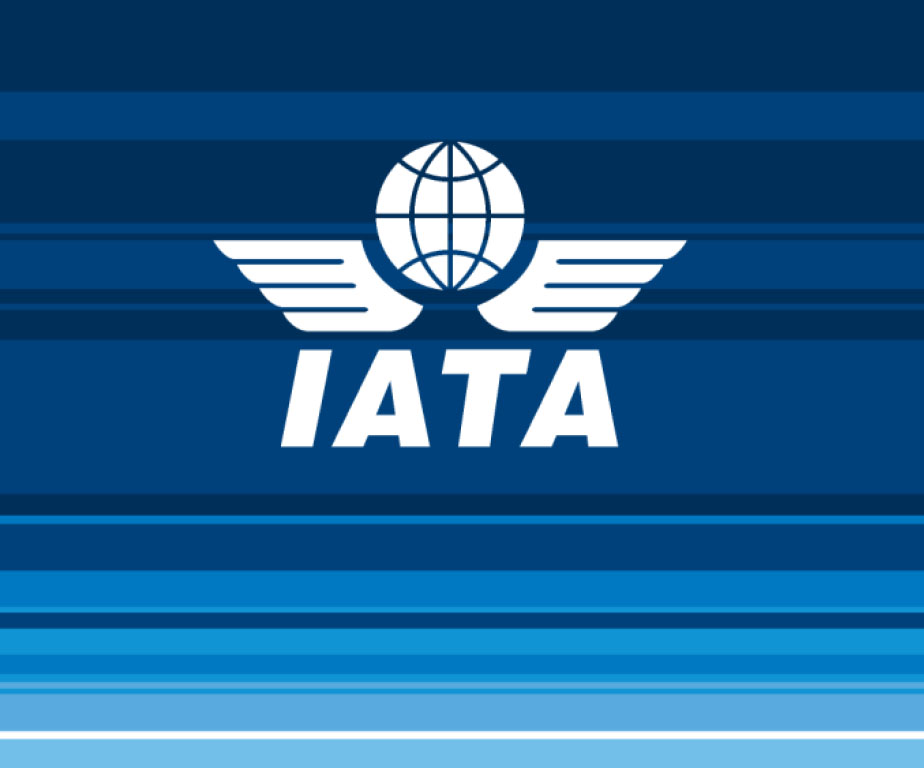IATA to survey shippers
02 / 03 / 2015

IATA is to undertake a global shipper survey, its first for four years, to help it learn more ahead of the World Cargo Symposium in Shanghai during March about customers’ increasingly sophisticated requirements.
In a presentation at IATA’s Geneva headquarters in December, Glyn Hughes, the association’s new global head of cargo, said: “We must put customer demands at the centre of everything we do.”
High-value commodities that were exclusively flown in an era of “unchallenged” seven to eight per cent annual growth for air freight were now being lost to other modes, Hughes added, referencing Hewlett Packard’s decision to transport laptops from China to Europe by rail despite the 17-day transit time.
IATA’s five-year forecast of a 4.1 per cent compound annual growth rate is more conservative than Boeing’s projected 4.7 per cent, but Hughes said the airfreight industry had to transform its processes in order to deliver this. “We can’t just sit back and wait for it to happen,” he insisted.
Reinforcing the need for more efficient data exchange, Tony Tyler, IATA director general and CEO, said: “The cargo side of the business is infamous for its paper-laden processes. Eliminating the paper trail of 20-plus documents that accompanies every air cargo shipment has long been identified as a critical development.”
The industry has achieved IATA’s revised 2014 target of 22 per cent e-air waybill (e-AWB) penetration on feasible trade lanes. The organisation aims to more than double this to 45 per cent next year and achieve 80 per cent by the end of 2016.
“The modernisation of cargo processes is not occurring as quickly as anybody would like. The e-air waybill is not the grand prize of the paperless industry that we seek. But it is an important and enabling step towards a data-networked cargo industry,” Tyler said.
Cathay Pacific, where Tyler built a reputation as a cargo-friendly chief executive before taking up his IATA role, is arguably furthest down this road. The carrier recorded a 47 per cent e-AWB penetration rate in October, second globally only to its own Dragonair subsidiary.
Guillaume Drucy, head of cargo e-business at IATA, admitted the air waybill was “only one document, but is a core component preparing the way for other documents to go paperless”. He was encouraged that forwarders accounting for 60 per cent of air freight movements had now signed up to the e-AWB multilateral agreement, which removes the burden of carriers having to negotiate terms individually with each customer.
Although it was not yet possible to operate to all destinations without paper documents, the “single process” by which forwarders have just one way of tendering cargo to participating airlines was showing the way, Drucy said. Sixteen of the world’s leading cargo carriers have now implemented the single process.
Drucy highlighted progress in three countries that have been seen as dragging their feet on electronic data exchange. Sao Paulo’s Viracopos airport has become the first in Brazil to accept export e-AWBs, and India’s leading cargo gateways have followed suit.
Shanghai Pudong, the world’s third largest cargo airport, and Shanghai Customs in November began implementation of e-release for imports and exports of general cargo, though not yet express cargo.
Drucy said Customs authorities in the US, Argentina, Mexico and Pakistan had adopted the principle of the Cargo-XML messaging standard. As of 1 January, IATA would “sunset” Cargo-IMP. The standard would still receive support but would no longer be upgraded in what he described as “a clear sign to the industry that it must plan for e-transformation”.
Designing an effective shared data platform was the next crucial step for the air freight industry. “The question that remains unanswered is how we share data at a global level,” Drucy said. “It’s not enough to remove paper. The data revolution has not happened.”
At leading e-enabled airports, truck drivers have immediate access to consignment data without waiting for the paperwork and can be directed to the appropriate dock.
Drucy said a mechanism was needed to extend this “accelerated delivery mechanism” across the entire system, to include the advance data requirements of governments and Customs authorities.
While to some it may seem rather late in the day, he promised: “In 2015, we will start an industry process of investigation to determine what is the best model.”
Drucy is also executive director of Cargo 2000 (C2K), the IATA interest group that now has almost 80 forwarders, airlines, handlers, truckers and IT providers among its membership.
After previous attempts at restructuring, C2K is yet again reviewing “how it can be of more value to its members and to the industry as a whole,” Drucy said.
Standard industry performance metrics that “everyone can use” would be of greater benefit to customers, than current delivery-as-promised figures that were based on carriers’ own promises.
“This is good for bilateral relationships but doesn’t encourage overall improvement in performance,” Drucy said. C2K is looking to establish industry benchmarks, initially limited to how soon cargo is available after delivery, but eventually covering door-to-door transit time.
Did you find this article of interest, if so why not register for a FREE digital subscription to Air Cargo News? – Find out more














